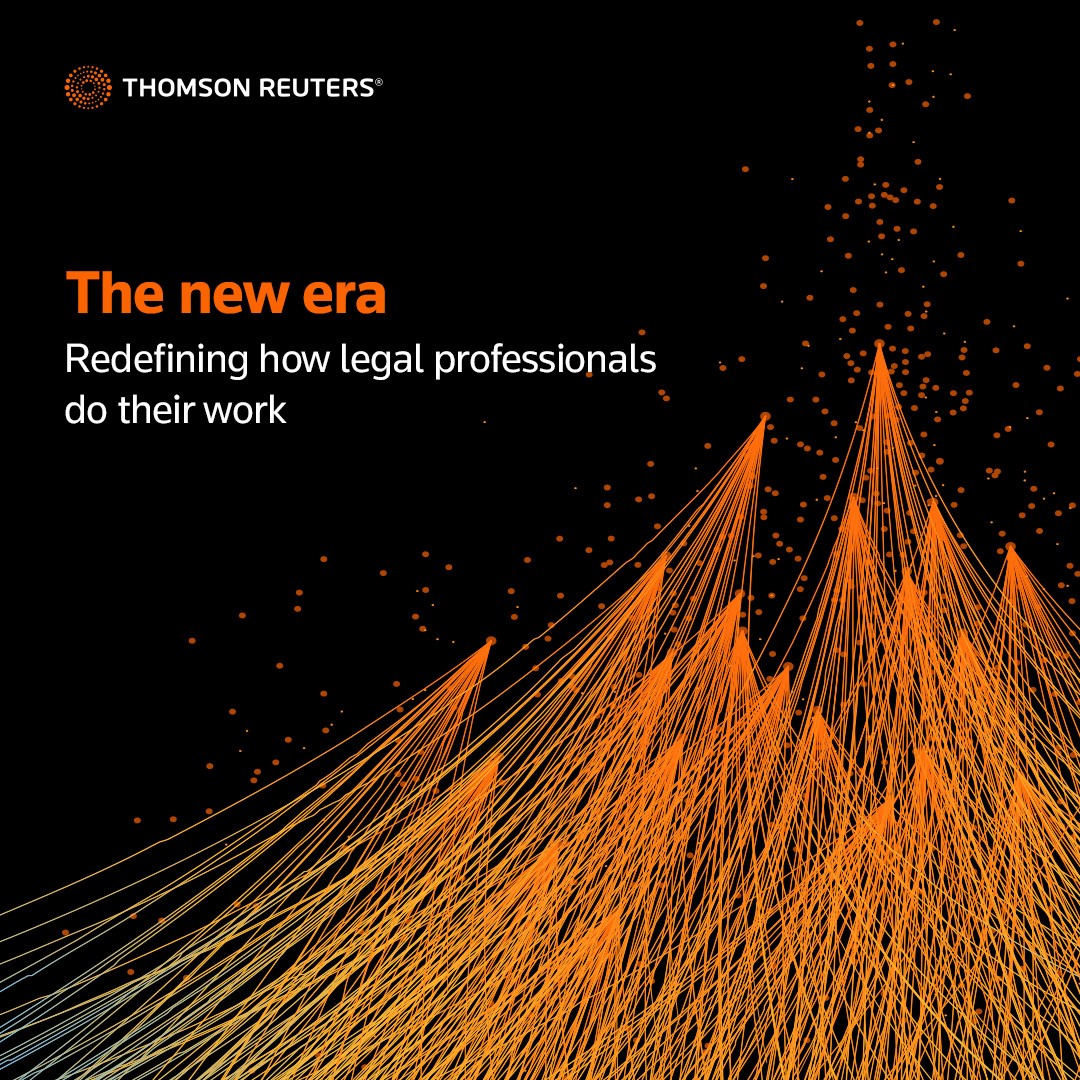We’ve all seen how using a non-legal artificial intelligence (AI) platform like ChatGPT to write a court document could land you in hot water with judges, your client, and the State Bar.
But it turns out there is a place for generative AI in the practice of law.
As Thomson Reuters leaders shared in a recent webinar, “The new era – redefining how legal professionals do their work,” with the right human-interpreted content, AI can save lawyers a tremendous amount of time as they research and craft their legal position, using draft language and arguments generated by the system.
The webinar featured the following business and product leaders:
“Trusted legal content and accuracy are critical to our ongoing product-development efforts,” said Paul Fischer. Westlaw, Practical Law, and drafting products build upon 150 years of human insight, categorization like the Key Number System, and editorial enhancements that ensure the quality and structure of the source material.
“Having humans in the loop and controlling and mitigating and understanding and working with the outputs of a high-performing AI system is ultimately the best end-to-end outcome that we can try to achieve with this new capability,” he said.
Generative AI in Westlaw
Dahn shared examples of how generative AI will help legal researchers using Westlaw.
|
The new functionality will be able to read and synthesize content across databases to bring back a clear answer to a question like, “Can social media publicity prove that a trademark is famous for a dilution claim?” It will also provide the authority the answer relies on so you can verify the response and understand the nuance of the law.
 | Watch the webinar to see this feature in action. |
Providing the authority for the answer is one way the generative AI features from Thomson Reuters minimize hallucinations. When you can see the reasons for the response, you can verify for yourself that the answer makes sense and is based in fact.
Generative AI in Practical Law
Colbert shared the concept for the new functionality in Practical Law. Practical Law has been providing know-how for decades, with content developed by attorneys who are experts in their practice areas. Legal practitioners rely on it to help them get started on new matters and new areas of law.
She said the conversational experience will help attorneys get to the answers they need faster. For example, if you have a question about how to get started drafting an indemnification provision, you can simply type your question, without filtering to a practice area or sorting through practice notes. The model will return the answer after consulting the trusted Practical Law resources. It will also provide the sources for the answer and steps for further research.
See this feature for yourself and more – including how to create custom visualizations that help inform decisions about provisions based on market trends.
Using generative AI to draft legal documents
Ashraf showed how new generative AI capabilities in Thomson Reuters drafting tools will enable users to create a first draft of, for example, a sale of goods agreement. She noted how, working in Word, a user can pull in gold standard language from Practical Law and customize the terms of the agreement.
She said that the drafting solution will help attorneys be more efficient in their preferred tool for creating work product.
|
Generative AI grounded in truth
Hron noted that AI is exciting and also a bit suspect in its early days. “When you’re trying to answer a very precise or specific question, you want to take that benefit of the model, but you also want to ground it in something that you know is truthful,” he says.
|
Learn more about generative AI and how it can help redefine how legal professionals do their work by watching, “The new era – redefining how legal professionals do their work.”
Sign up for updates on the release of the AI-driven capabilities covered in this blog and in the webinar.











